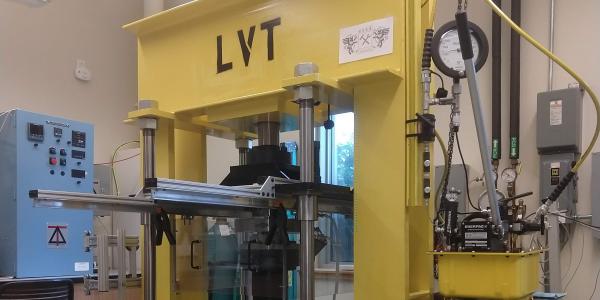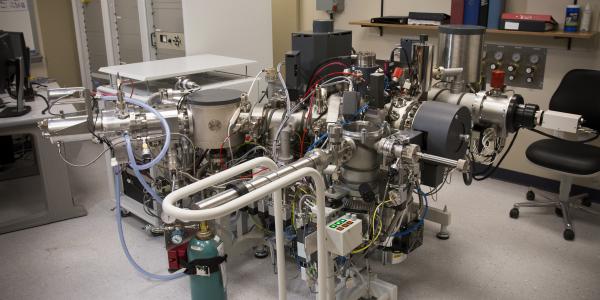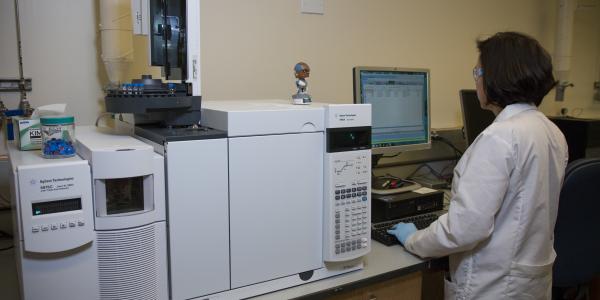Are you passionate about unearthing the secrets of our planet and beyond?
Join us at Washington University's Department of Earth, Environmental, and Planetary Sciences. Your curiosity is the key to unlocking mysteries that span billions of years and traverse the solar system. Immerse yourself in a vibrant academic community dedicated to understanding our dynamic Earth, its intricate environmental systems, and the other celestial bodies that populate our solar system. Whether you're decoding the impact of climate change, investigating the complexities of geological processes, exploring the potential of life on distant planets, or working with data from the latest space mission, our Department will empower you to shape the future of scientific discovery.
Your journey begins here.
Click the link below and provide us your contact information to receive information about our program, its resources, and the steps you need to take to apply. We will not share your contact information outside of our Department.




